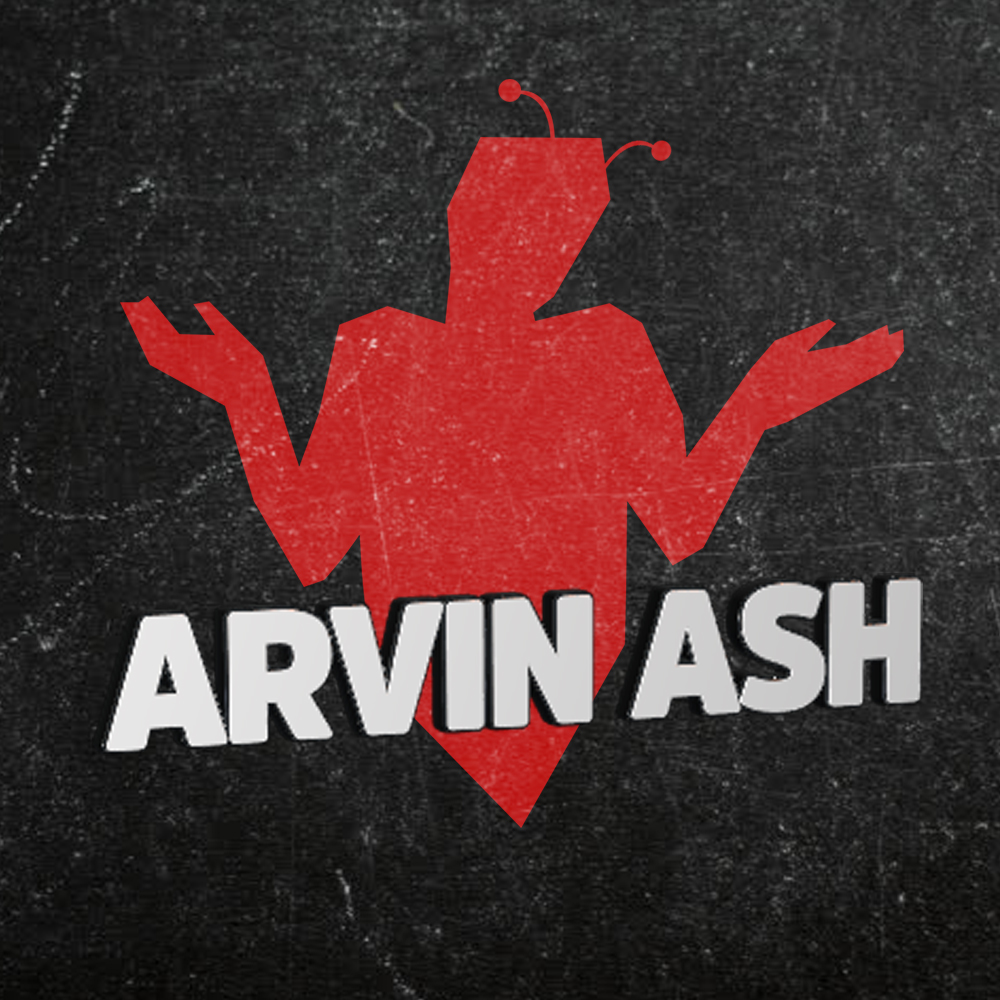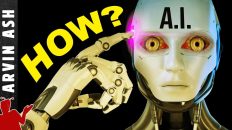You probably think of your toaster, refrigerator, washing machine, and lamp as mere dumb devices with an on off switch. But imagine if these devices had a brain. What if they were as smart as a dog, or even as smart as a human toddler…and what if they could talk to you?
This idea is coming. What will it mean for us, and how will it improve our lives? The internet of things, or IoT for short is the idea of connecting pretty much any electronic device or physical object with a processor to the internet, and to each other, and to us.
They would be connected through wireless technology to the internet. And their data would be stored on a server in the cloud, and shared through a private network. It is estimated that 100 billion devices will be connected within the next 10 years.
Some of these technologies are here already. For example, there are dishwashing machines that can detect the amount of dirt on your dishes and change the intensity of the wash accordingly.
There are refrigerators that can detect when you have run out of milk, and remind you to get more. But these technologies have only scratched the surface.
Imagine these future scenarios:
– Your computer printer knows from your printing history that you will be running out of ink in a week, and orders the ink from your favorite online store.
– Your washing machine knows that based on your laundry history, you are probably running out of fresh clothes, and you should be doing a load of laundry. It sets a reminder automatically on your phone calendar, and sends you a text.
– Your security system detects that there is no one home, so it sends a message to your thermostat to turn the temperature down to save money.
– You get in your car, put in your destination on your nav system, which alerts your thermostat that you will be home in 20 minutes, so that it can get the house up to a comfortable temperature by the time you arrive.
I am just scratching the surface, because these are just possibilities based on the current paradigm. What is more intriguing are apps for IoT that we can’t imagine right now.
Remember 2007, before the iPhone came out, we had the Blackberry, and all we could imagine was replying to emails, and accessing slow websites on a phone. The concept of apps and social media hadn’t been invented yet. Similarly, our imagination can’t currently comprehend the full extent of IoT in our lives.
But industrial applications is where IoT is going to have probably the biggest financial impact. Imagine a jet engine that has sensors on its critical moving parts. These sensors can detect for example a crack on a rotating fan blade as soon as it forms, telling the pilot and maintenance crew that the part will fail within the next 100 hours. They replace it before anything breaks.
Or for example, a sensor on a pump at a power plant that can detect a ball bearing failure before it occurs by detecting slightly friction. And all the equipment could be monitored on a central computer, alerting impending failures to their maintenance teams, so that they can prioritize them appropriately, and get them fixed before anything breaks. Imagine the amount of downtime, money, and potentially lives that these connected objects could save.
But along with the benefits, there are some potentially huge problems that we will have to come to terms with. These connected objects and things could make it easy to conduct cyber warfare, for example.
A country like North Korea or Russia could introduce a virus, for example, that could not only cause failure of one device, but spread that failure to everything else that is connected to it.
There are privacy concerns as well, because for example, your refrigerator and TV would know intimate details about your personal eating and TV watching habits, that could be vulnerable to eavesdropping or hacking.
Like with every paradigm-shifting new technology, there are huge benefits and potentially huge drawbacks. We have to decide whether the good outweighs the bad. But, this will only be the case, if we as individuals have a choice.
As we have seen with some technologies, there may not be a choice. Many earlier generations of people did not want newfangled technologies like the automobile, telephone, television, internet, the smart phone, or social media – but some of these technologies left little choice, because life just became very hard and lonely without them.
They made our lives easier, but the question still remains – did they make society better? And ultimately did they make us happier?







